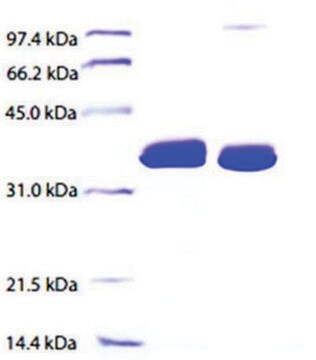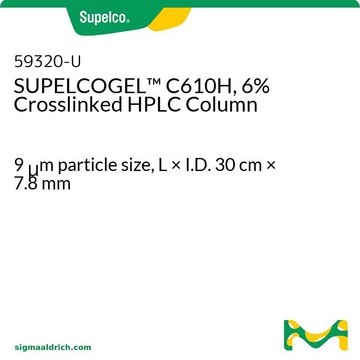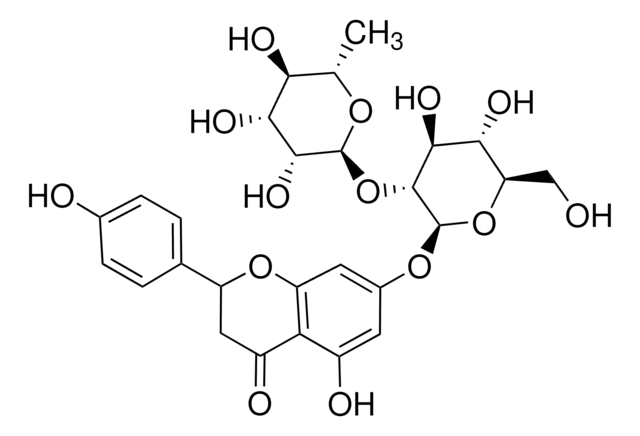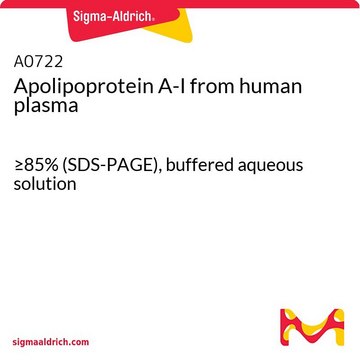추천 제품
일반 설명
Apolipoprotein E (ApoE) is present in the brain and is mainly produced by astrocytes. It is a 299 amino acid glycoprotein of 34kDa. It is present in all classes of lipoproteins except LDL (low-density lipoprotein). APOE gene has three alleles, such as APOE ε3, APOE ε4 and APOE ε2. It is located on human chromosome 19q13.
생화학적/생리학적 작용
ApoE4 (apolipoprotein E4) is associated with AD (Alzheimer′s disease).
Apolipoprotein E4 is a member of the apolipoprotein E family of plasma lipoproteins that bind reversibly with lipoprotein and play an important role in lipid metabolism. ApoE4 regulates plasma lipid levels by increasing the degradation of particles rich in triglycerides and cholesterol. In addition to facilitating solubilization of lipids, these proteins help to maintain the structural integrity of lipoproteins, serve as ligands for lipoprotein receptors, regulate the activity of enzymes involved in lipid metabolism and bind amyloid-β protein, the major component of plaques in Alzheimer′s disease, which it delivers to the microglia, the major scavenger cells of brain. Individuals heterozygous for the ApoE4 allele are at higher risk of late-onset Alzheimer′s disease. ApoE exists in three major isoforms: E2, E3, and E4, which differ from one another by a single amino-acid substitution. Recombinant human ApoE4 is a 34.4 kDa protein containing 300 amino acid residues.
물리적 형태
Lyophillized from a 0.2 μm filtered solution in 20 mM sodium phosphate, pH 7.8.
Storage Class Code
11 - Combustible Solids
WGK
WGK 3
Flash Point (°F)
Not applicable
Flash Point (°C)
Not applicable
이미 열람한 고객
Roles of apolipoprotein E4 (ApoE4) in the pathogenesis of Alzheimer's disease: lessons from ApoE mouse models
Huang Y
Biochemical Society Transactions, 120(4), 702-736 (2011)
Twenty years of the Alzheimer?s disease amyloid hypothesis: a genetic perspective
Tanzi R E and Bertram L
Cell, 120(4), 545-555 (2005)
Lipids and disorders of lipoprotein metabolism
Clinical Biochemistry, 120(4), 702-736 (2014)
Traumatic Brain Injury
Neurobiology of Brain Disorders, 120(4), 219-235 (2015)
문서
Alzheimer's disease (AD) is the most common cause of dementia in the elderly and is characterized by gradual loss of cognitive functions.
자사의 과학자팀은 생명 과학, 재료 과학, 화학 합성, 크로마토그래피, 분석 및 기타 많은 영역을 포함한 모든 과학 분야에 경험이 있습니다..
고객지원팀으로 연락바랍니다.










